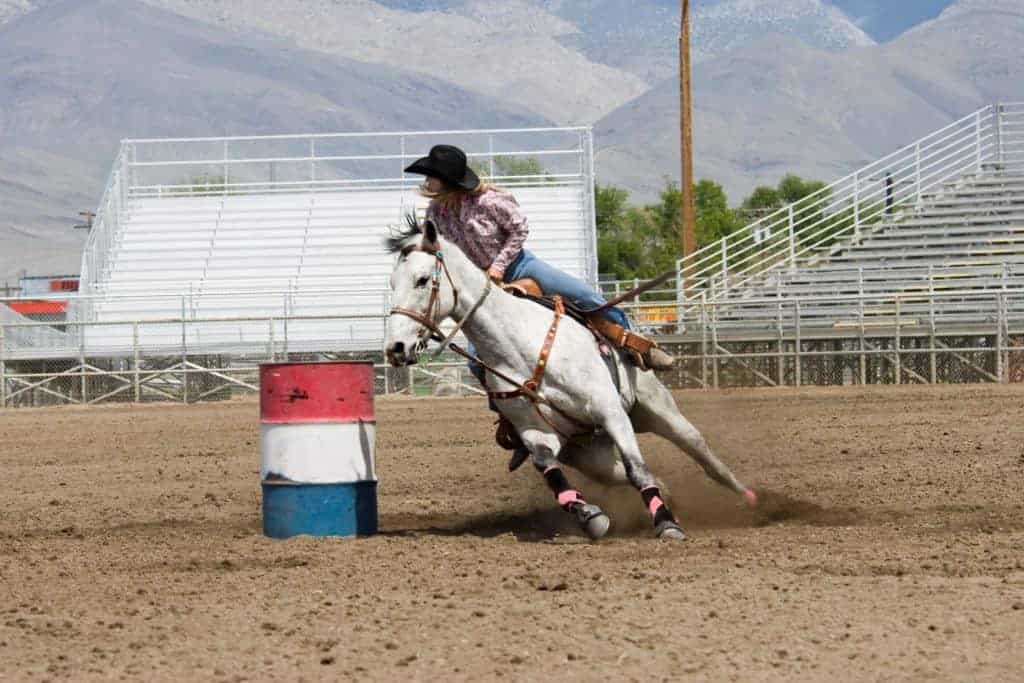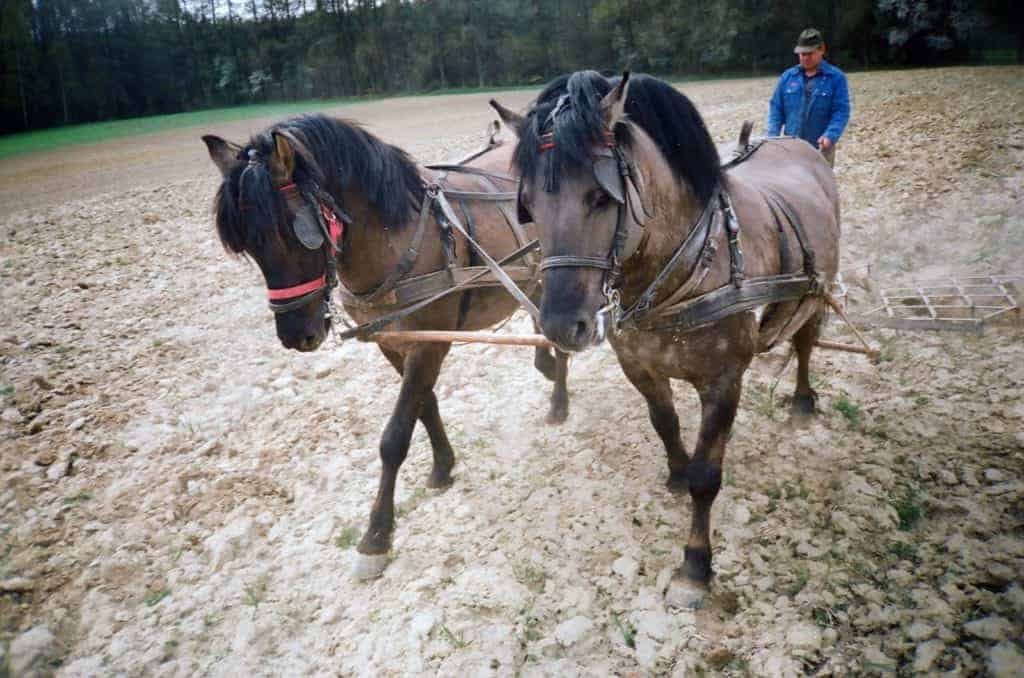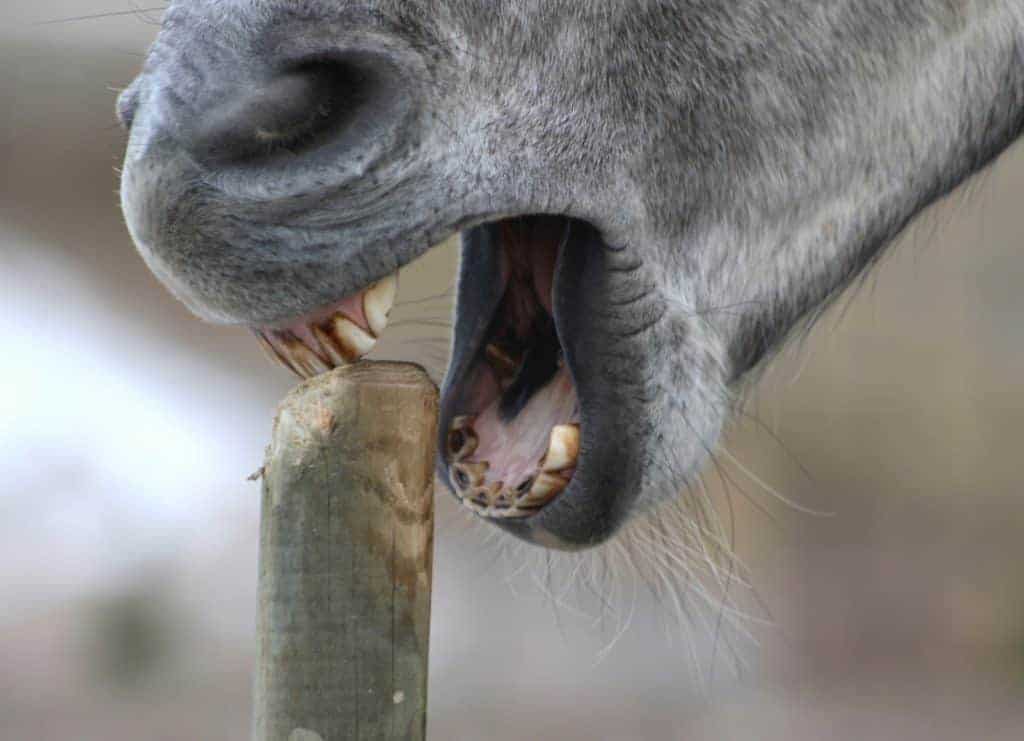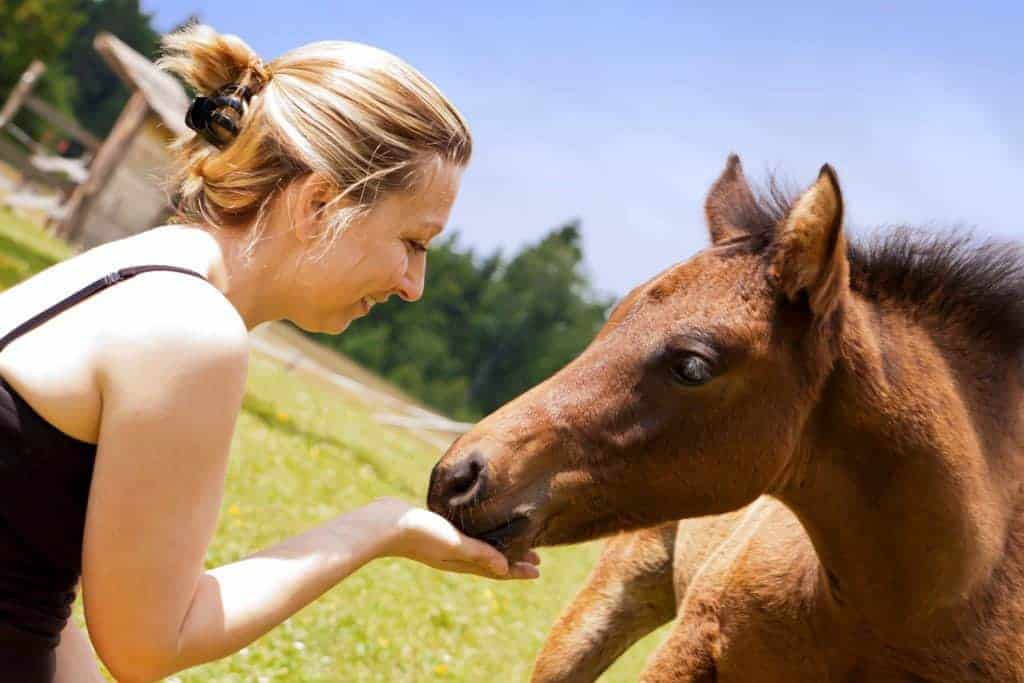Why Does My Horse Drool so Much?
Could my horse’s drool be because of an allergy or behavioral problem?
Could my horse’s drool be because of an allergy or behavioral problem?

Researchers found that reasons for returning an adopted horse are highly variable and unpredictable.

Horses might not naturally understand the difference between our soft voice tones and our snippy ones.
HHRF offers grant funding for research into the therapeutic effects of horses on humans.
My mare poops in her automatic waterer when she’s stalled. What can we do?

New research shows that whipping and kicking barrel horses doesn’t seem to improve race time.

A significant correlation exists between limited resource test results and field observation test results.

Researchers are developing an objective test based on physiological and behavioral criteria in horses.

Horses seemed more at ease when classical or country music was played compared to rock or jazz.

Researchers identified more behavioral signs of discomfort in horses with heads held behind the vertical.

While the program proved stressful, physical parameters appeared within normal limits of horses in training.

British researchers found horses that crib spend less time in “standing sleep” mode than horses that don’t.

Thanks to British researchers, we’re getting a better understand what defines a “happy” equine athlete.

What sort of behavior problems would an orphan foal develop?

The staff at TheHorse.com tallied the most popular articles of 2012. Did your favorites make the list?

Experts advise ruling out medical issues for animals experiencing behavior problems before taking other steps.
Stay on top of the most recent Horse Health news with
"*" indicates required fields